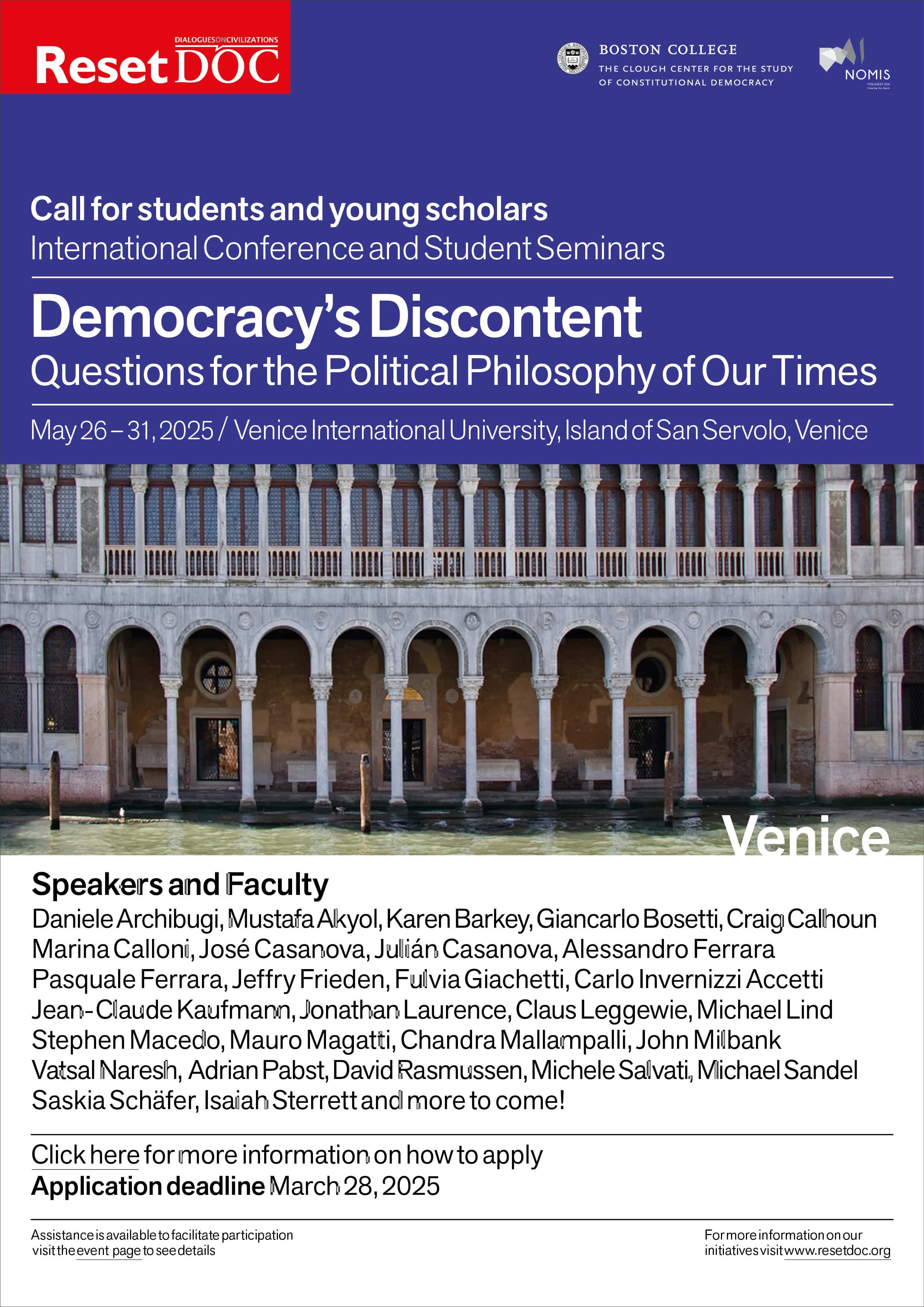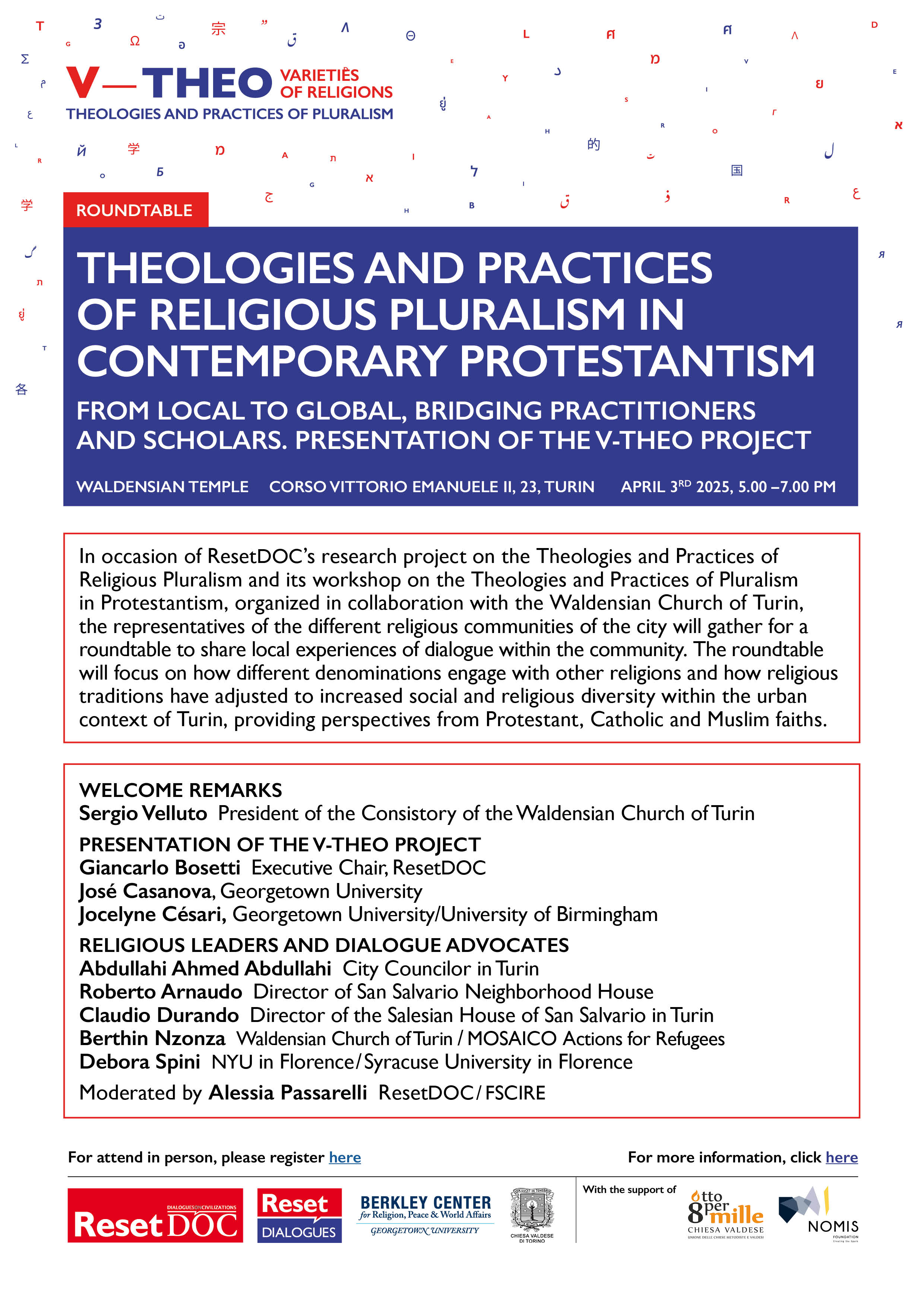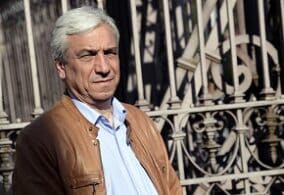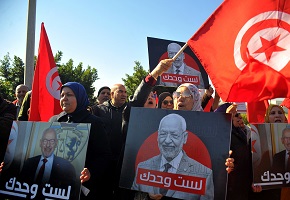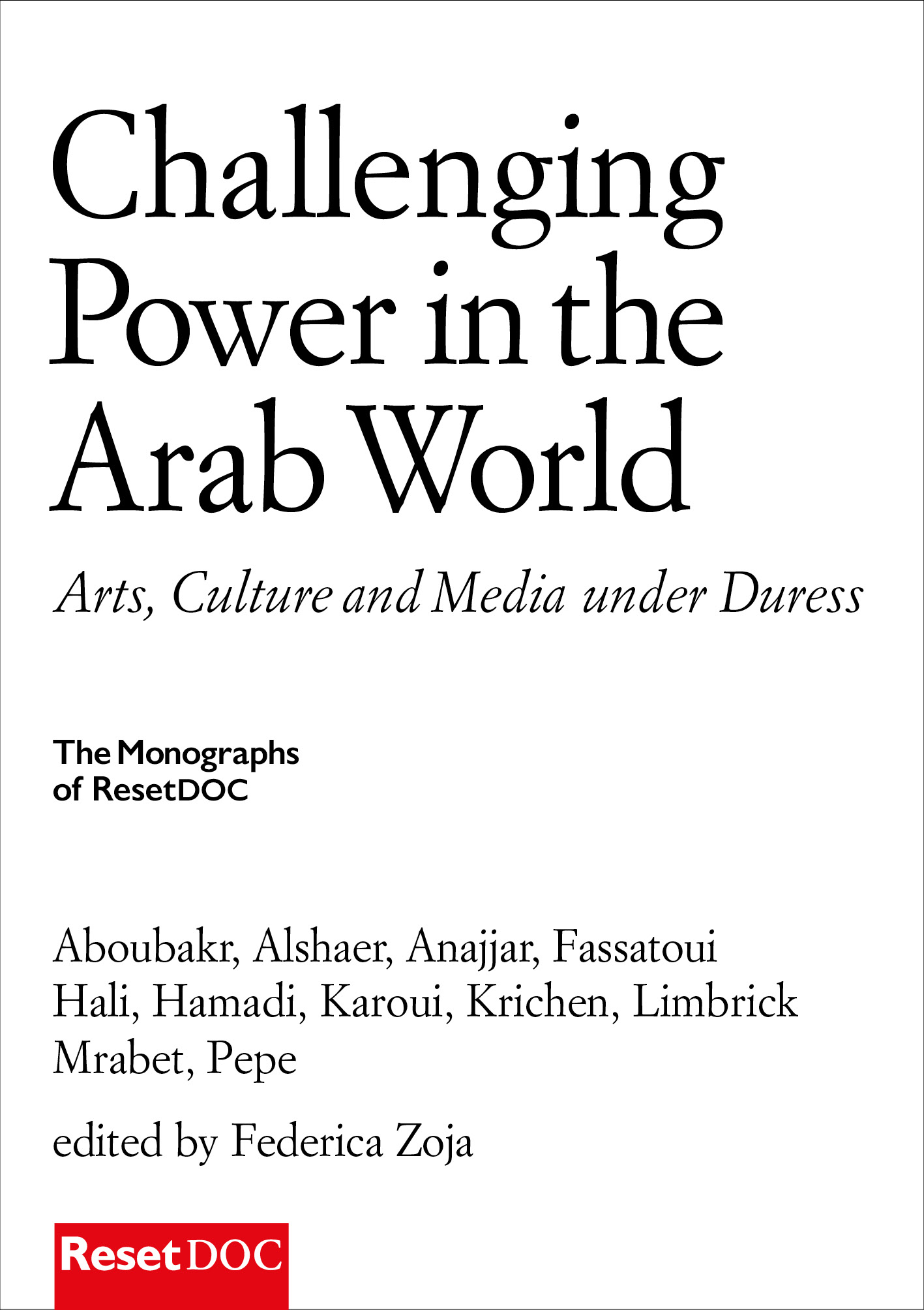Island of San Servolo, Venice
The conference and seminars will examine the decline of liberal democracies, exploring the discontent between the elite and the working and middle classes, the ineffectiveness of traditional grievance channels, and the rise of radical polarization and extremist views. It will also address growing inequalities and the challenge of finding new frameworks to resolve the evolving conflict between the many and the few, with a focus on how modern philosophy can play a key role in developing solutions.


